Wee Can Shop
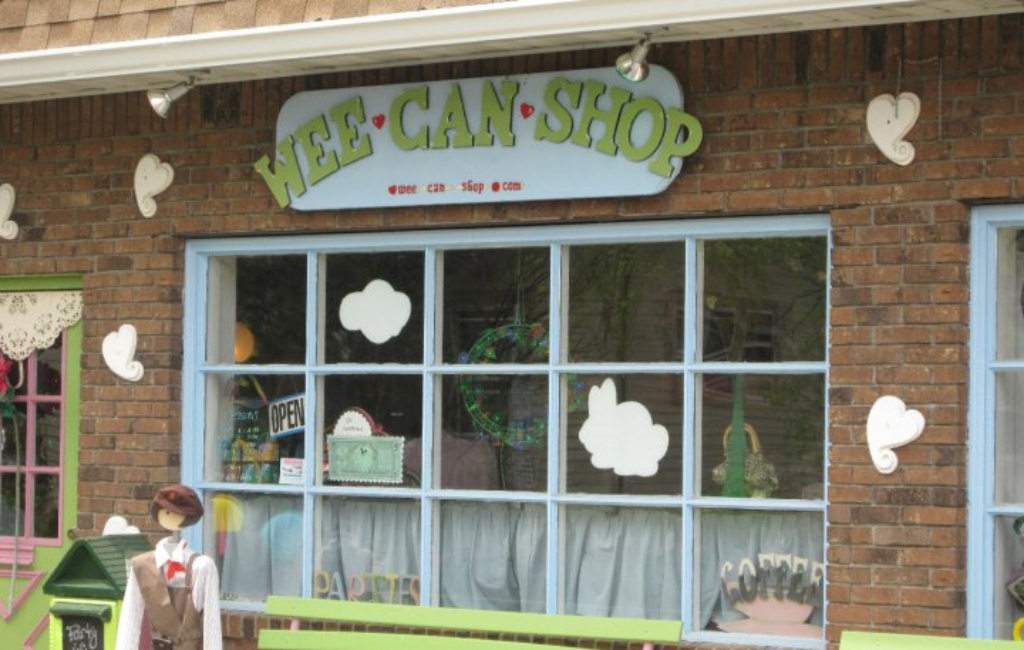
NO DEAL
EPISODE SUMMARY
🕓 Air Date: January 15, 2010
Asking For:
$200,000 for 30%
Investor:
No Deal
Deal:
No Deal
PRODUCT SUMMARY
Wee Can Shop is a whimsical gift shop where children can shop for loved ones, teaching them the value of giving.
WATCH HERE
IN A RUSH?
Click these to jump to the section you want to read.
Background Story
Wee Can Shop, situated in Hawthorne, New Jersey, is the brainchild of siblings Kimberly and Matthew Foley. Kimberly and Matthew’s journey into entrepreneurship was inspired by their shared passion for creating meaningful experiences for children. With Kimberly’s background in education and Matthew’s experience in business management, the duo combined their skills to bring Wee Can Shop to life.
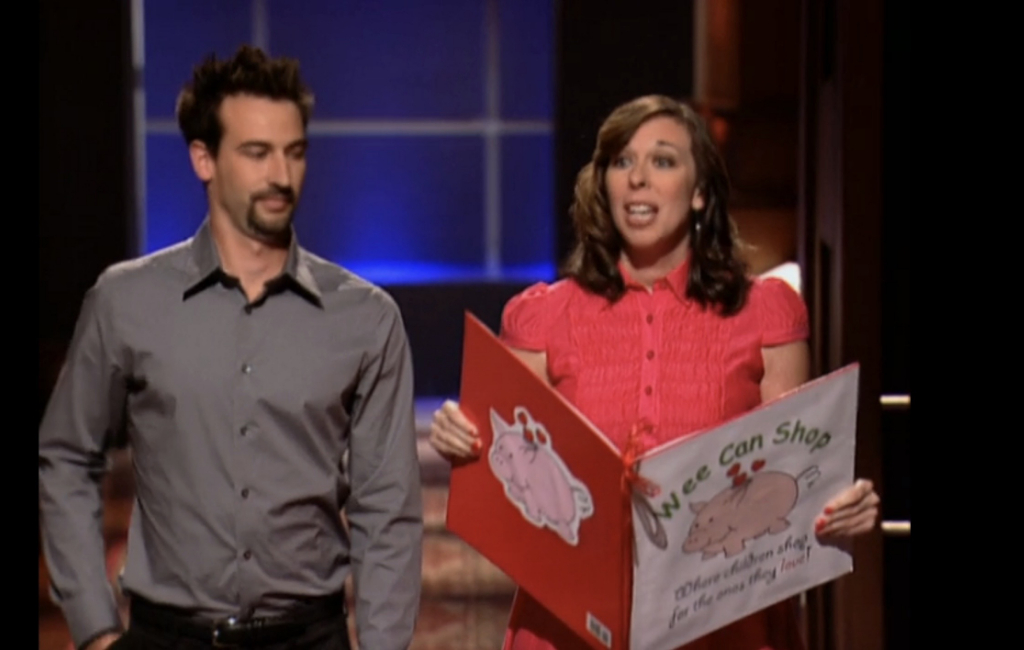
The idea for Wee Can Shop arose from Kimberly and Matthew’s observation of children’s fascination with gift-giving and their desire to foster a sense of generosity and thoughtfulness at a young age. Drawing from Kimberly’s experience as a teacher and Matthew’s expertise in business operations, they envisioned a whimsical gift shop where children could experience the joy of giving firsthand. Wee Can Shop is more than just a retail space; it’s a magical destination where children embark on a journey through charming storefronts, selecting gifts for their loved ones with pint-sized shopping carts in tow.
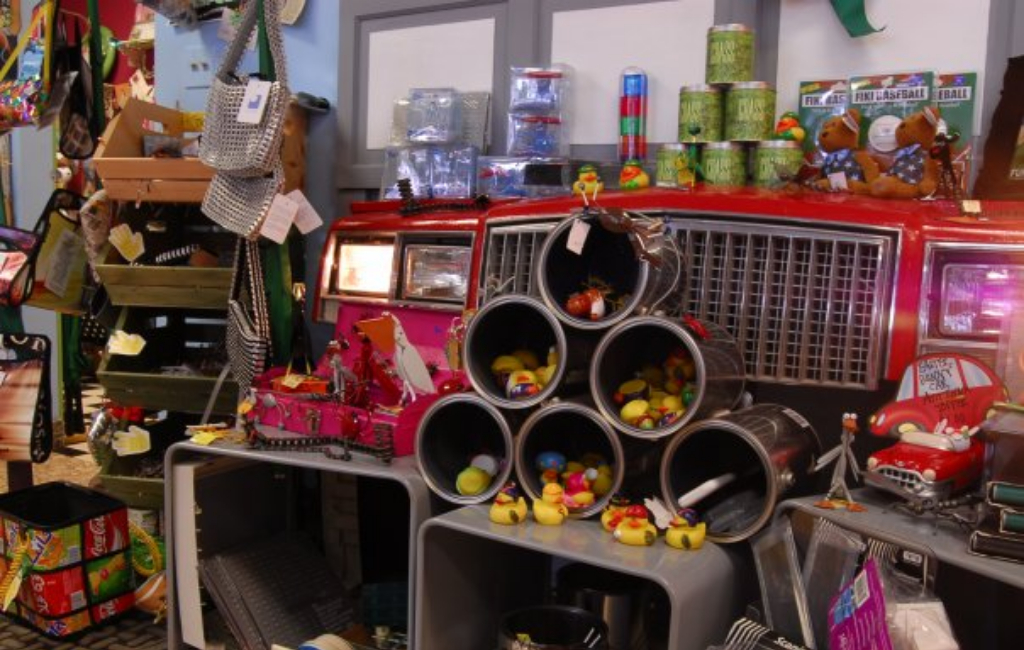
The Foleys’ vision for Wee Can Shop extends beyond just selling products; it’s about creating lasting memories and instilling valuable life lessons in children. Despite the challenges they’ve faced in turning a profit, Kimberly and Matthew remain steadfast in their belief in Wee Can Shop’s potential to become a beloved retail chain. With their combined passion, dedication, and unwavering commitment to their vision, the Foleys are determined to make Wee Can Shop a success story that inspires and delights children and families for years to come.
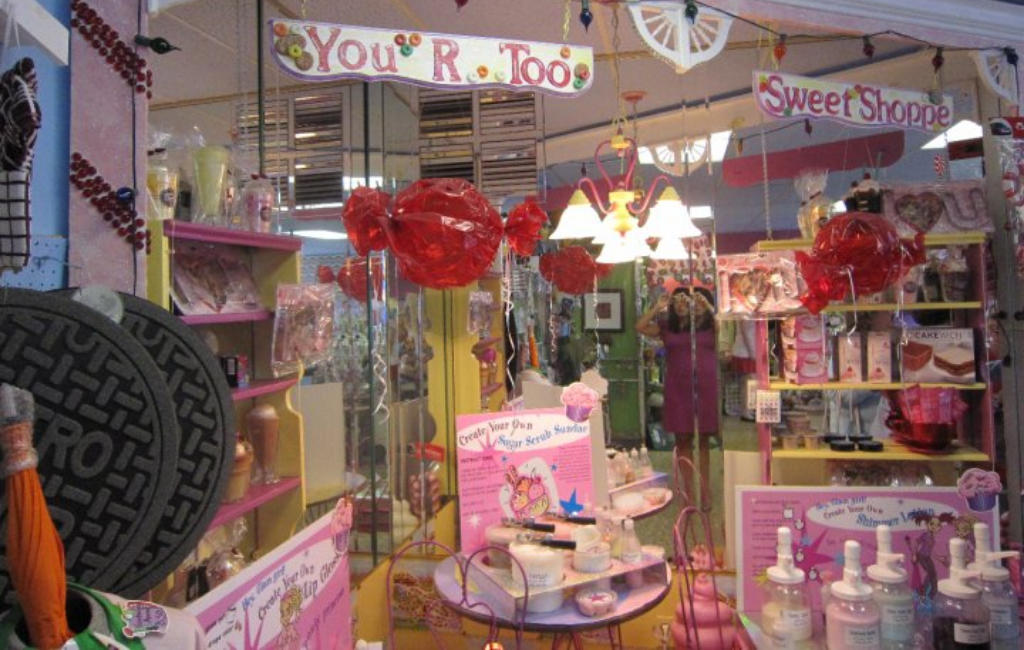
The Product
Wee Can Shop offers a unique and enchanting shopping experience for children, encouraging them to explore the joy of giving. The heart of the Wee Can Shop experience lies in its meticulously designed storefronts, each offering a curated selection of gifts tailored for loved ones. From Mom’s Kitchen, stocked with kitchen and baking essentials, to Sugar & Spice Bakery, filled with pie-shaped candles and baking accessories, every storefront is brimming with charm and excitement.
Children navigate the whimsical aisles of Wee Can Shop with their own kid-sized shopping carts, carefully selecting gifts for family and friends. Once they’ve filled their carts with treasures, they proceed to the cashier to complete their purchase. Each item is then lovingly gift-wrapped and tagged, transforming the act of shopping into a magical journey of discovery and generosity.
The Wee Can Shop experience not only fosters creativity and imagination but also teaches valuable lessons in empathy, gratitude, and the joy of giving. Parents and caregivers can purchase Wee Can Shop products either in-store or online, making it accessible to families near and far. With prices ranging from affordable trinkets to more elaborate gifts, Wee Can Shop offers something for every budget, ensuring that every child can experience the wonder of giving.
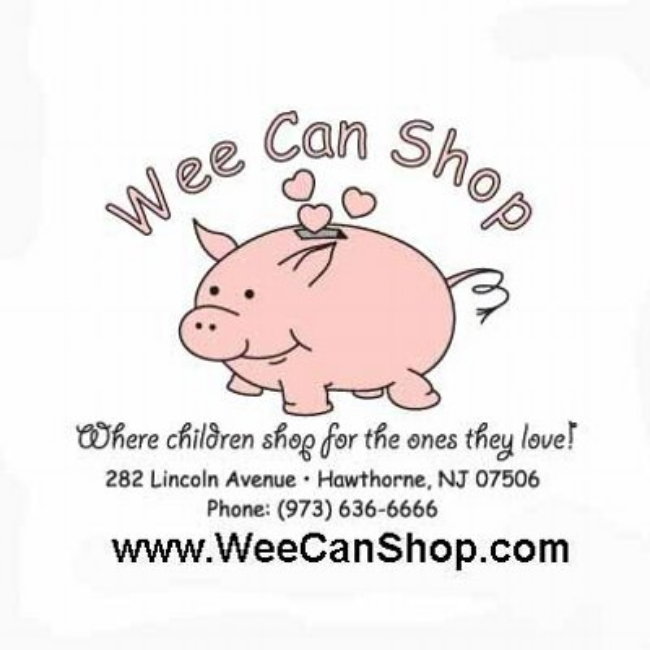
How It Went
The company’s position before Shark Tank
Wee Can Shop, despite its enchanting concept and dedicated founders, has faced challenges in achieving profitability since its inception. While the company has seen growth in revenue, with an increase of 100% each year, it has struggled to translate this growth into sustainable profits. With last year’s revenue totaling only $13,000, Wee Can Shop has yet to reach a break-even point, let alone generate significant profits. The company’s financial struggles have been compounded by its reliance on personal funds and loans from friends and family to sustain operations.
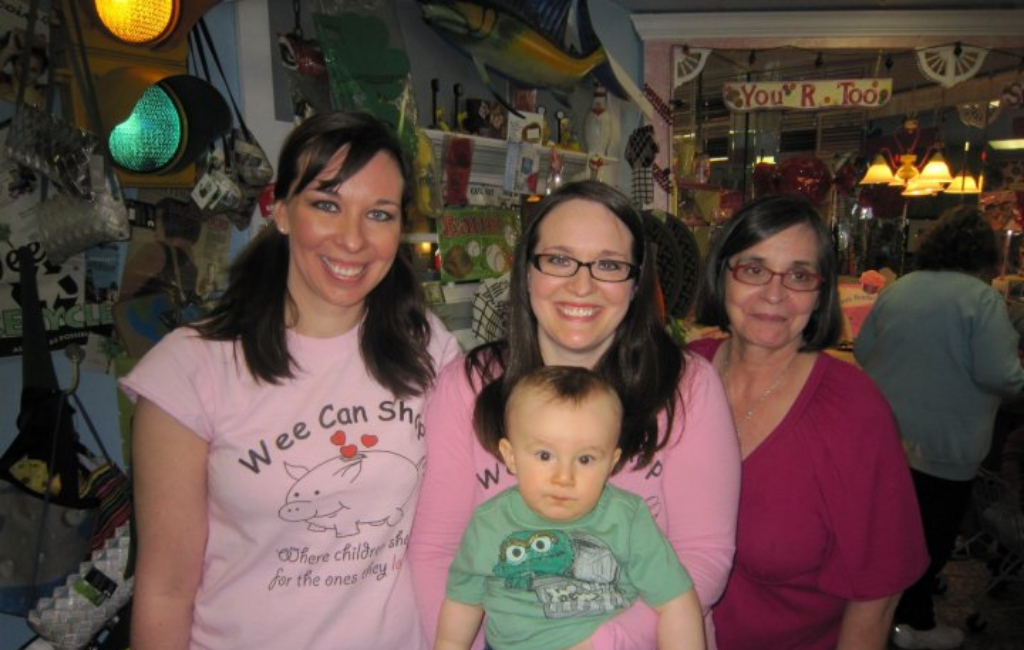
With approximately $120,000 invested by the founders, Wee Can Shop’s available capital is limited, hindering its ability to invest in expansion or marketing efforts. Despite these challenges, Wee Can Shop has garnered positive feedback from its customers, who appreciate the unique and immersive shopping experience it offers to children. However, the company’s customer base remains relatively small, consisting primarily of local families and visitors to the Hawthorne area.
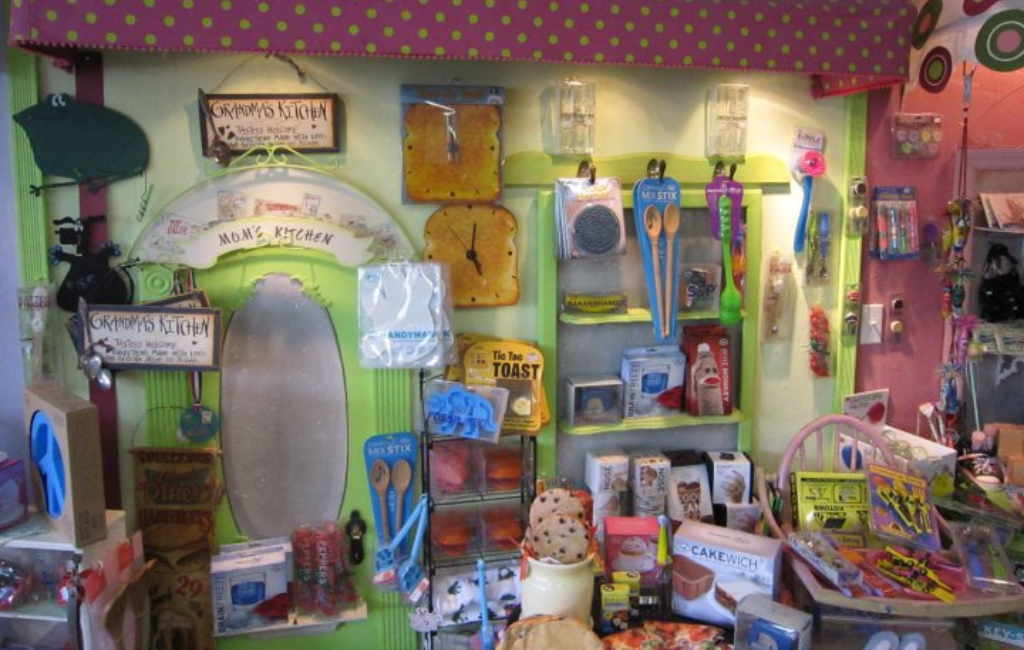
In terms of partnerships, Wee Can Shop has yet to establish significant relationships with wholesalers or major retailers. The company operates as a small family business, with Kimberly and Matthew Foley overseeing all aspects of operations, from product selection to customer service. Overall, while Wee Can Shop’s vision and concept are promising, the company’s financial health and position remain precarious. Without a clear path to profitability and additional funding to support growth initiatives, Wee Can Shop faces an uncertain future in the competitive retail landscape.
The Negotiations:
During the negotiation phase on Shark Tank, Kimberly and Matthew Foley, the founders of Wee Can Shop, sought a $200,000 investment in exchange for a 30% equity stake in their company. However, their pitch failed to convince any of the sharks to make an offer. Kevin O’Leary was particularly critical, pointing out the company’s lack of profitability and the risk associated with investing in a business that has yet to generate significant returns.
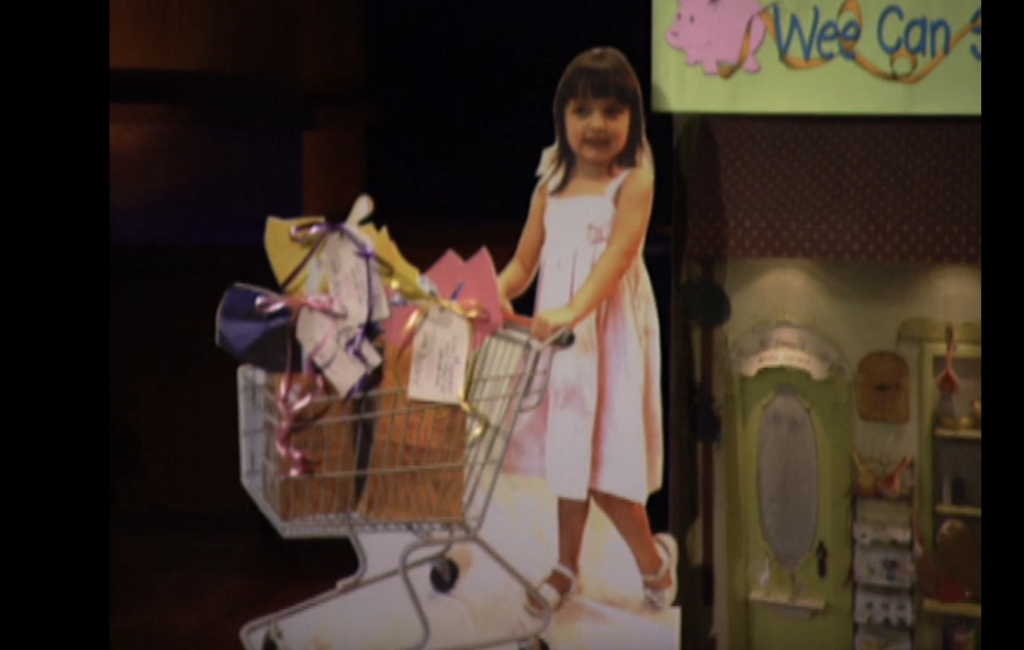
Despite Kimberly’s emotional plea and the sharks’ encouragement to persevere, they ultimately decided not to invest. Mark Cuban advised Kimberly to set a clear timeline for profitability, emphasizing the importance of managing the family’s financial resources responsibly. Barbara Corcoran empathized with Kimberly’s passion but expressed concern over the business’s viability without a proven track record of profitability.
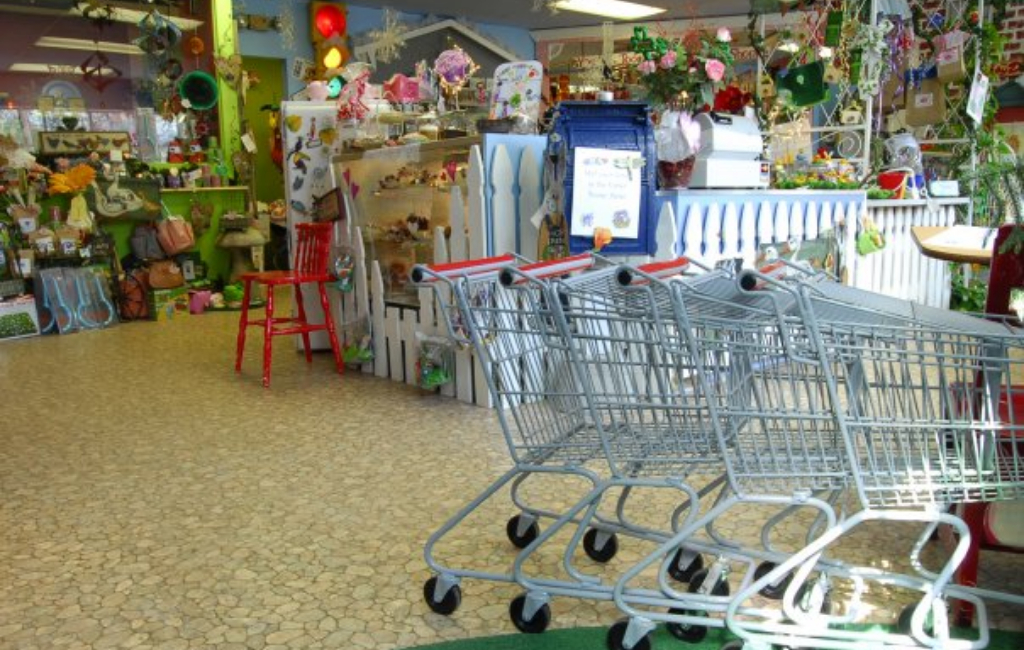
In the end, all the sharks opted out of making an offer, citing the company’s financial struggles and the lack of a clear path to profitability. While the Foleys left the tank disappointed, they were encouraged to reassess their business strategy and focus on achieving profitability before considering expansion or franchising opportunities.







